Nepal Celebrates 17th Republic Day Amidst Political and Economic Challenges
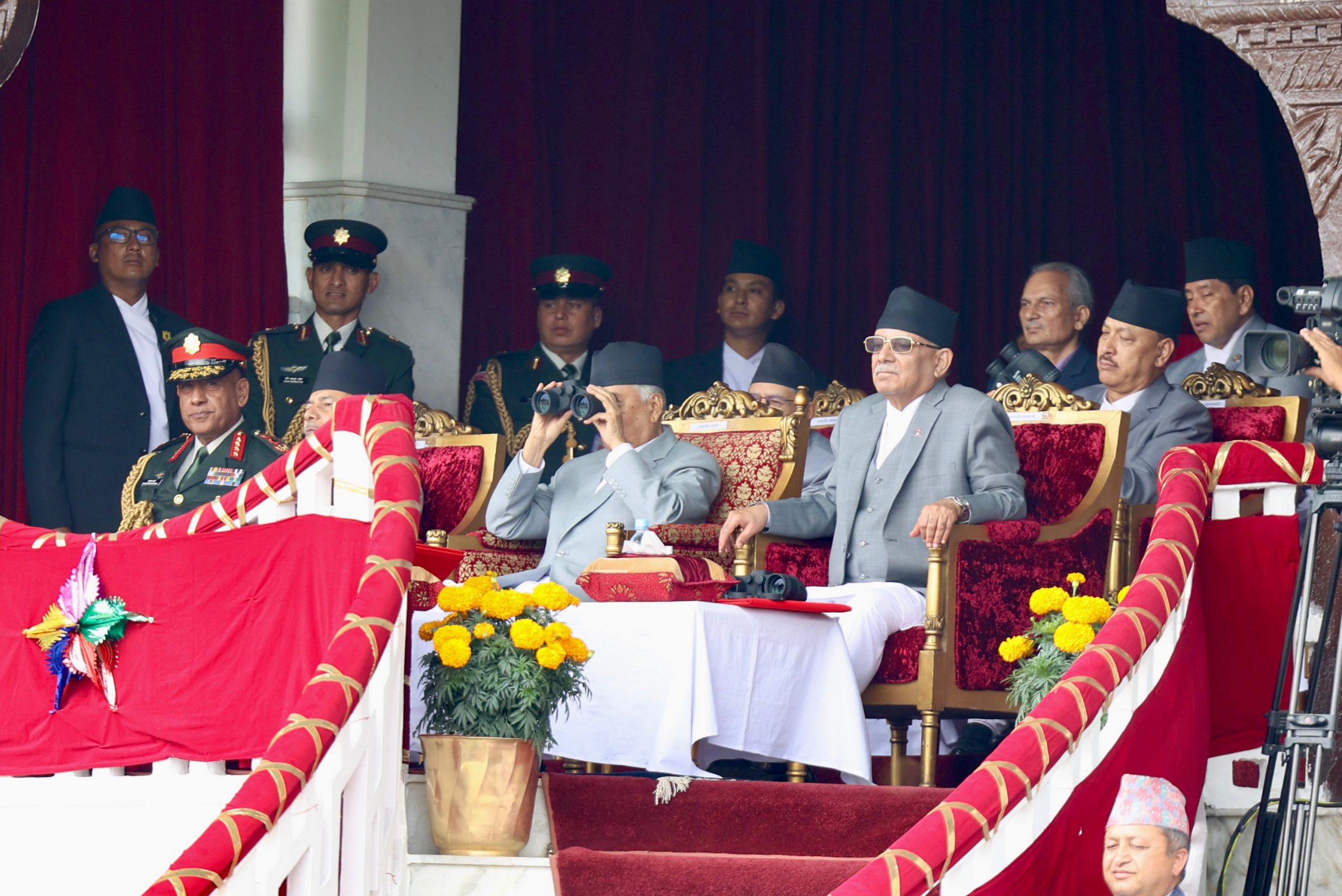
Kathmandu, Nepal, May 28 — Nepal is celebrating its 17th Republic Day with a grand ceremony held at the Nepal Army Pavilion in Tundikhel, Kathmandu. The event, organized by the Republic Main Ceremony Committee, saw President Ram Chandra Paudel as the chief guest.
The special ceremony featured a march past by the Nepali Army, Nepal Police, and Armed Police Force. A joint team of the Nepal Army and Armed Police Force also performed patriotic songs and lyrics reflecting the spirit of national pride and unity.
The event was attended by an array of dignitaries, including ministers, chiefs of constitutional bodies, high-ranking government officials, security body chiefs, and representatives from diplomatic missions, alongside other notable personalities.
Despite the celebratory atmosphere, the Republic Day also brings to light significant challenges that Nepal has faced since becoming a republic. The political instability is evident, with 13 different governments having taken office in the 16 years of the republic’s existence. The federal system has also struggled, exemplified by Gandaki Province, which has seen seven government changes in just six and a half years—a situation mirrored in other provinces.
Economic challenges are profound. Daily, approximately 2,000 youths leave the country seeking employment abroad due to a lack of job opportunities and an underdeveloped economic system that fails to support business and entrepreneurship. Systemic corruption further hampers progress, with scandals such as the cooperative cheating scandal, Giribandhu tea scandal, fake Bhutanese refugee scandal, and the Baluwatar government land-selling scandal being shaded through political power.
Leadership in Nepal continues to be dominated by figures whose tenures have previously been tested. Sher Bahadur Deuba, KP Sharma Oli, Pushpa Kamal Dahal, and Madhav Kumar Nepal are among the leaders who have repeatedly held power, raising concerns about the lack of qualitative change in governance.
The persistence of corruption and the re-election of the same leaders despite their tainted records remain significant challenges. Calls for a qualitative change in the federal republic system and a shift in voter behavior towards nominating more accountable and honest leaders are growing louder.
As Nepal celebrates its 17th Republic Day, the juxtaposition of patriotic pride with political and economic realities highlights the need for substantial reforms to achieve sustainable progress and stability.






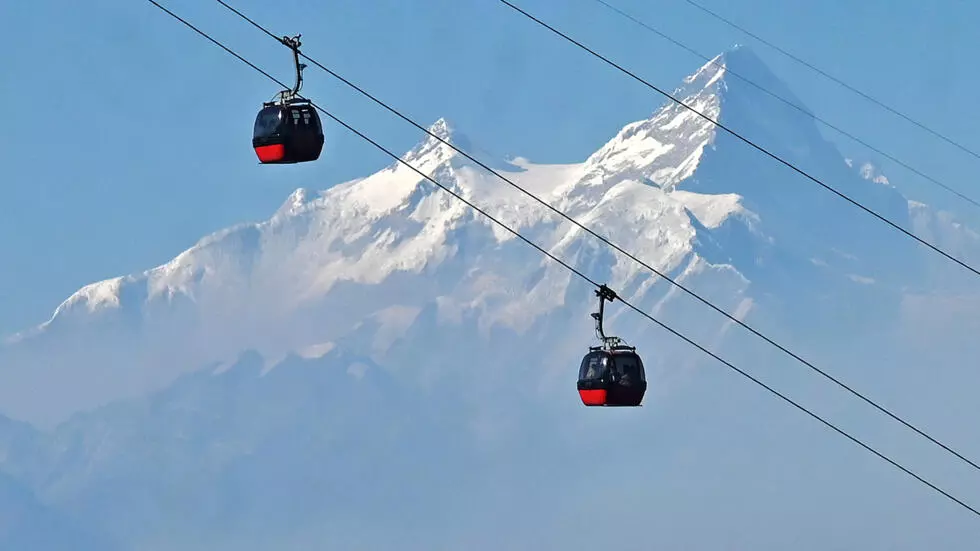
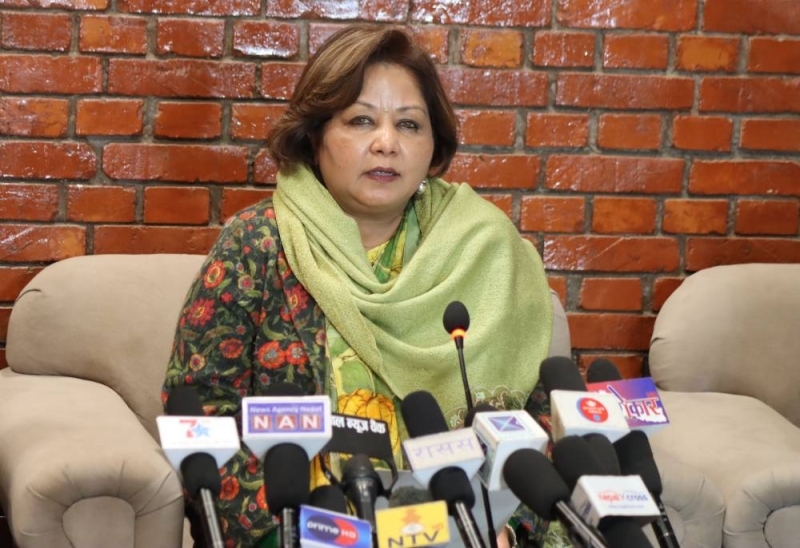
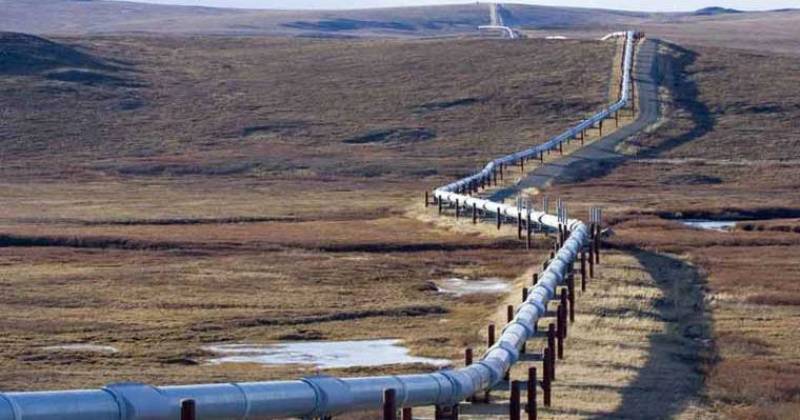

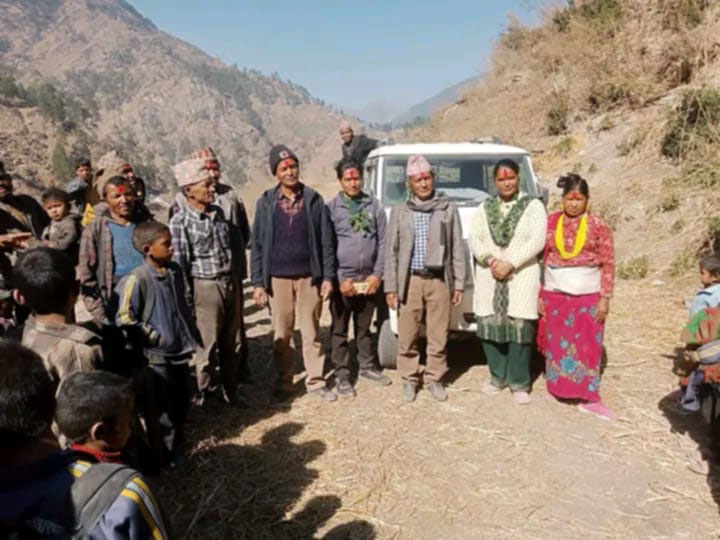
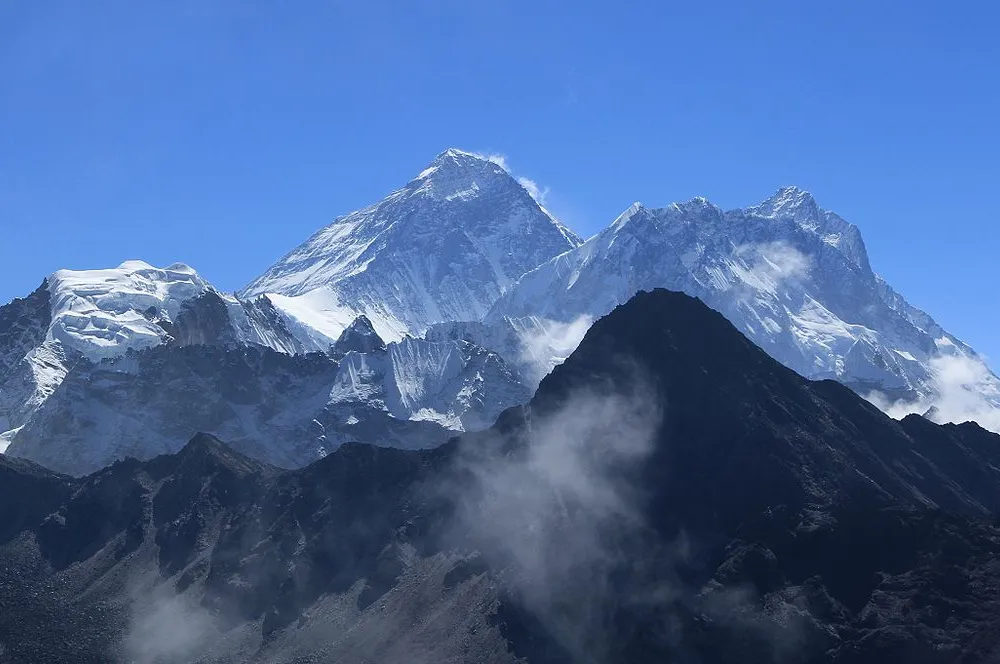







Facebook Comments